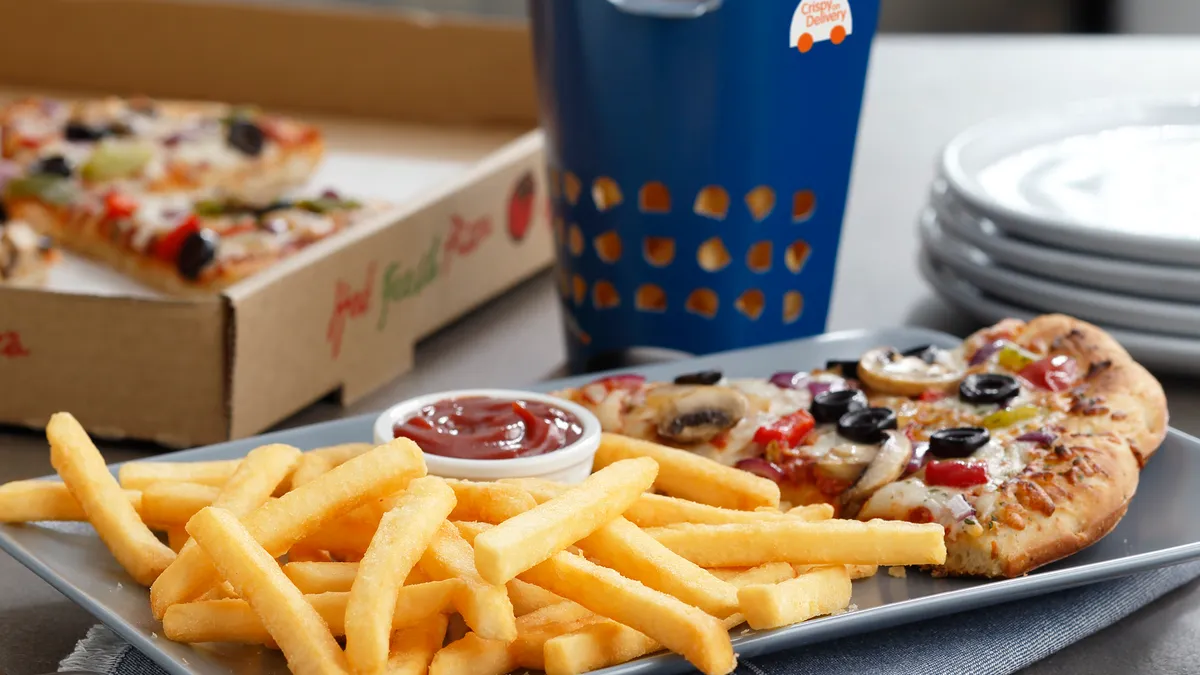Dive Brief:
-
Lamb Weston plans to close an older, higher-cost processing facility in Connell, Washington and temporarily curtail certain production lines and schedules across its North American network. It also plans to cut 4% of its workforce, or roughly 428 jobs, and eliminate unfilled job positions. The Idaho company employed 10,700 people as of July 17.
-
The supplier of frozen potato products to restaurants and retailers said demand, relative to supply, continues to struggle. “We believe it will remain soft through the remainder of fiscal 2025,” Tom Werner, Lamb Weston’s CEO, said in a statement.
-
Lamb Weston is the most recent food company to reduce staff and close outdated production facilities in an attempt to lower operating costs and match output with slow consumer demand.
Dive Insight:
With consumers eating out less and cutting back on spending, food producers such as Lamb Weston are wasting little time making changes to their business.
Companies face pressure to increase margins and sales, even in a challenging economic landscape. In many cases, businesses are looking internally for ways to reduce their costs.
Lamb Weston said with little near-term improvement in sight, it opted to implement a restructuring plan to drive operational and cost efficiencies and boost cash flow. The overhaul will generate approximately $55 million in pre-tax cost savings and a reduction in working capital in fiscal 2025.
“We expect these actions will help us better manage our factory utilization rates and ease some of the current supply-demand imbalance in North America,” Werner said.
Several companies have announced changes to their manufacturing network in 2024 to cut costs and position their businesses for growth.
In July, Wonder maker Flowers Foods announced plans to close a bun making plant in Louisiana, while Bimbo Bakeries USA, which oversees Entenmann’s and Sara Lee, will shutter two facilities in New York and another in Texas. Dr Pepper also has announced plans this year to shutter manufacturing plants in Virginia and Vermont while investing in its coffee roasting and manufacturing facility in South Carolina.
Campbell Soup said in May it was closing one plant and reducing the size of a second facility. At the same time, the soup and snacks maker announced it would invest $230 million through fiscal 2026 in newer, more efficient plants to improve the competitiveness of its supply chain.












